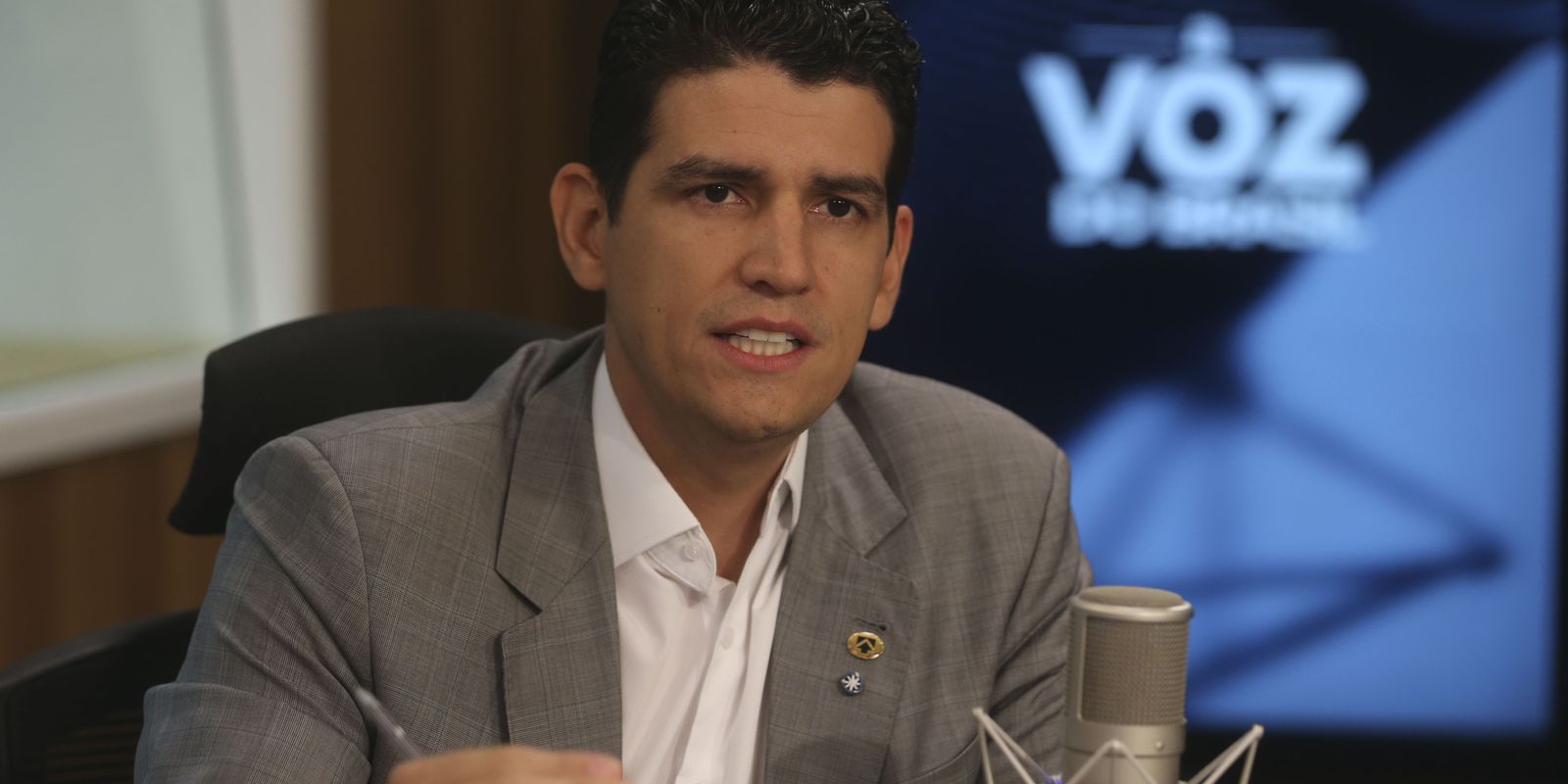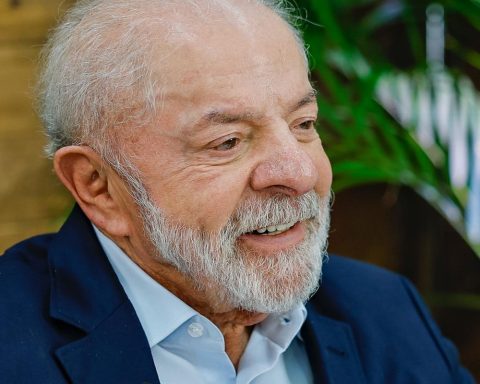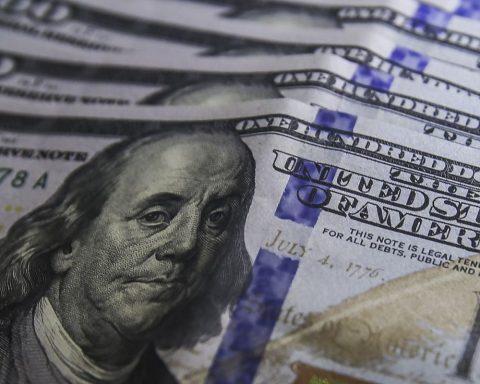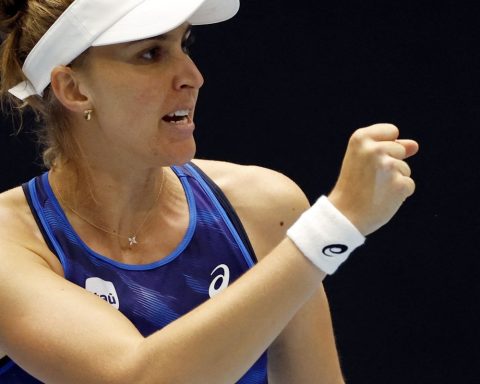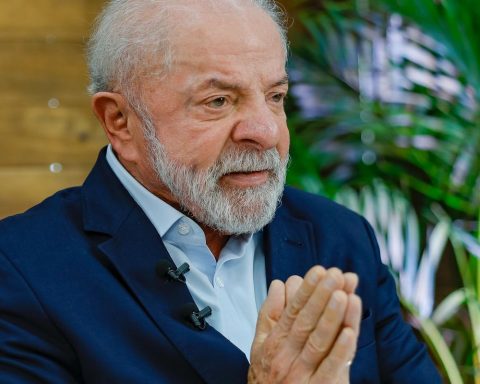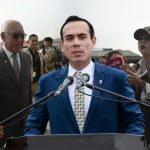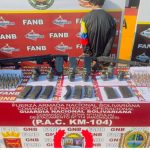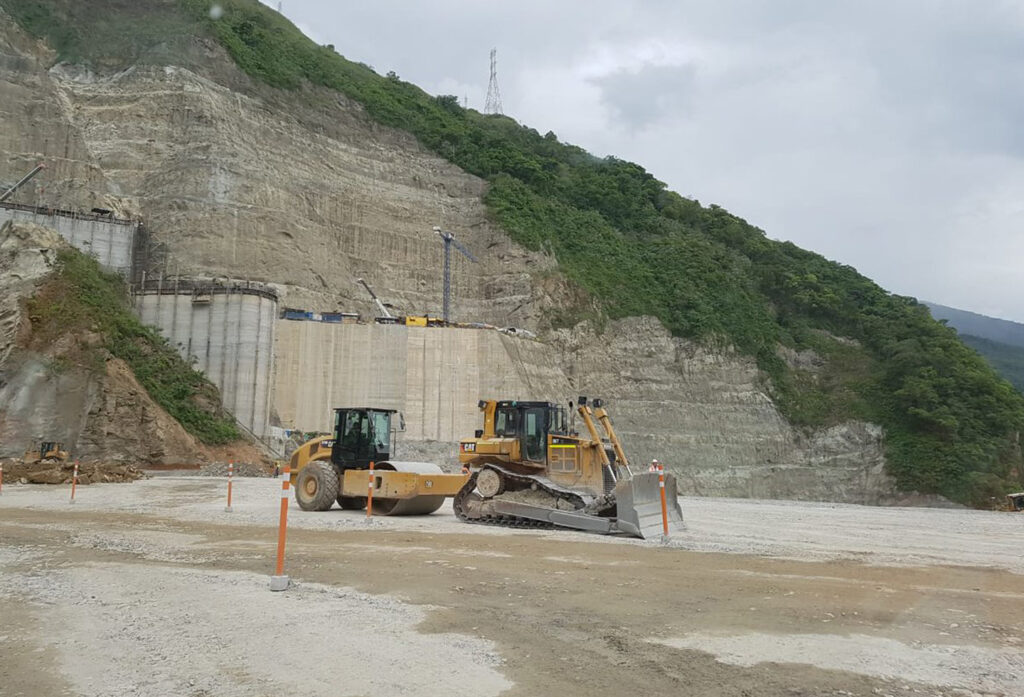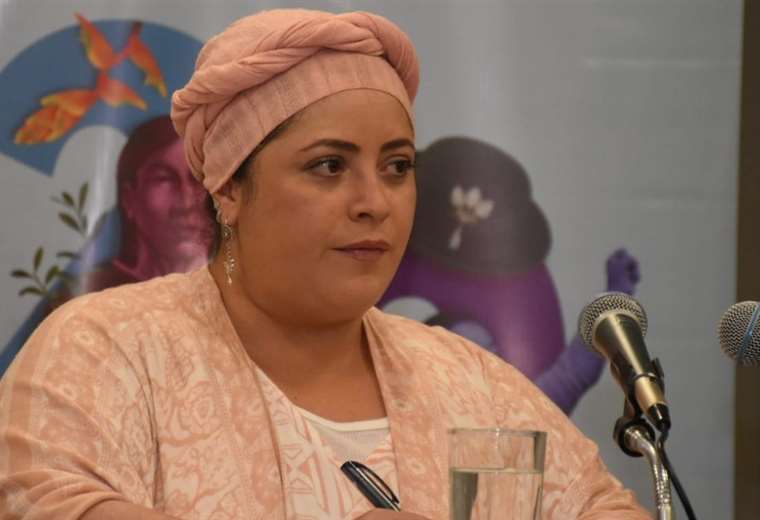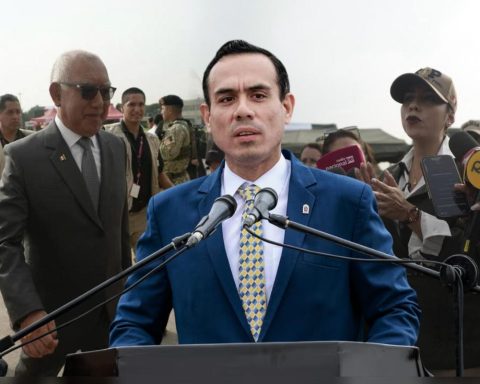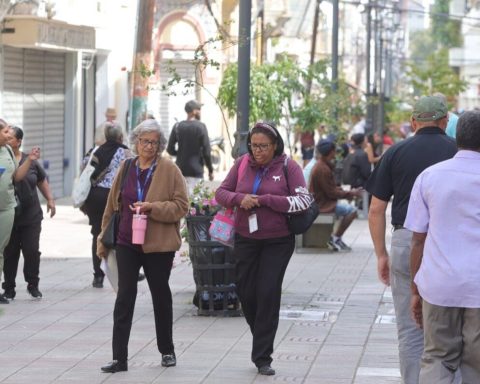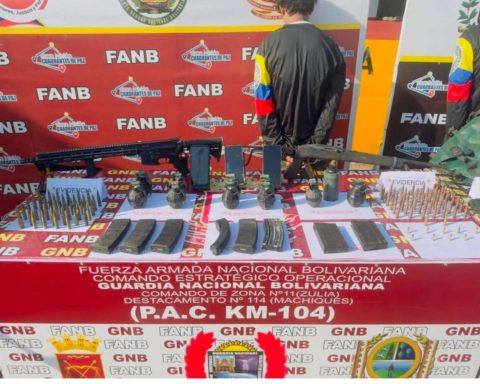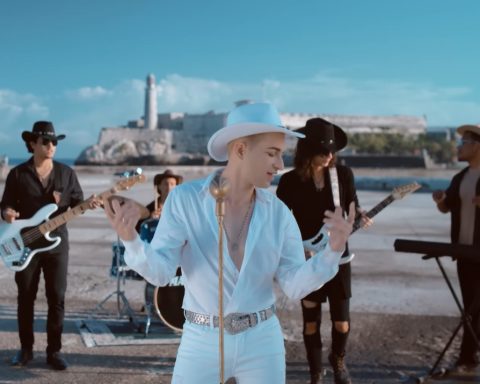The Minister of Infrastructure, Marcelo Sampaio, said this Friday (21) that the private sector is increasingly present on the country’s highways. There have been seven “successful” auctions since 2019. “We are also talking, in these seven auctions, of having concessions in the interior of the country. The private sector is currently operating the BR 163, in Pará. It was paved by the federal government, and now maintenance and investments are being done by the private sector in Pará. For the first time, a concession in the Northern Region of Brazil”, he says. Sampaio was interviewed by the program The Voice of Brazil .
The minister also mentioned Belém-Brasília, the BR 153, which is being operated and maintained with investments from Ecorodovias. “An important work for us, around 600 km of duplication also on BR 153. A fundamental investment for our production in the Midwest to move towards Arco Norte”.
The forecast is that two auctions will still be held in 2022, for two lots of highways in Paraná, and the BR 381, from Belo Horizonte to Governador Valadares (MG). “That way, we bring in the private sector to operate the highways they are interested in, where we realize they have the vocation, volume, flow for that. The public budget is being directed to other borders, such as the interior of Piauí, Maranhão, the west of Bahia”, he said.
For the minister, the concessions bring security to the population. “The highways granted have a tow truck, ICU, ambulance, there is a service. In case you have a problem with your vehicle, quickly get in the situation. This has saved many lives, because the most important thing for us when there is an accident is the speed of service.” Brazil has around 200,000 km of highways, 85,000 of which are federal. Of the federal ones, 13,000 km are granted to the private sector. “Federal highways are fundamental to integrate our country”;
The Integration minister said that Brazil has increasingly used the North Region to sell production. “We currently have Brazil as the world’s largest soybean producer, the world’s largest cotton producer, the world’s largest animal protein producer, the world’s largest beverage producer. We are the third largest producer of ores in the world, that is, Brazil is a great power, and we need to ensure that our production reaches our ports more efficiently. The exit from the North has proved to be the best alternative. All production above the 16th parallel, which cuts through Goiás, Tocantins, Midwest, taking Mato Grosso, we want it to leave through the ports of the North”
Watch in full:
